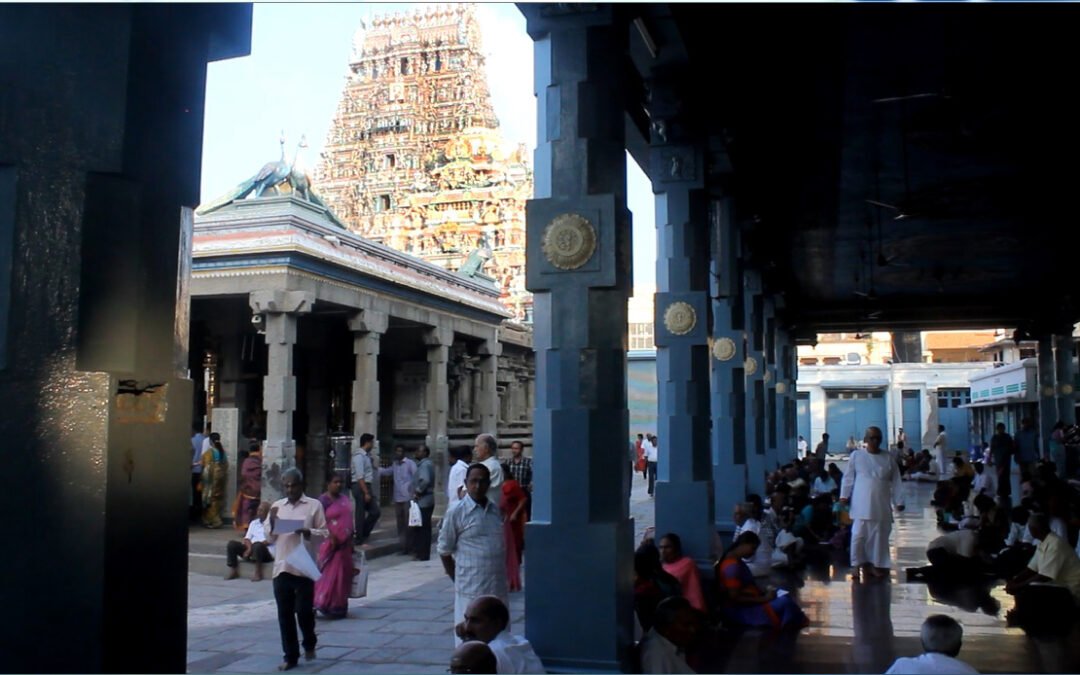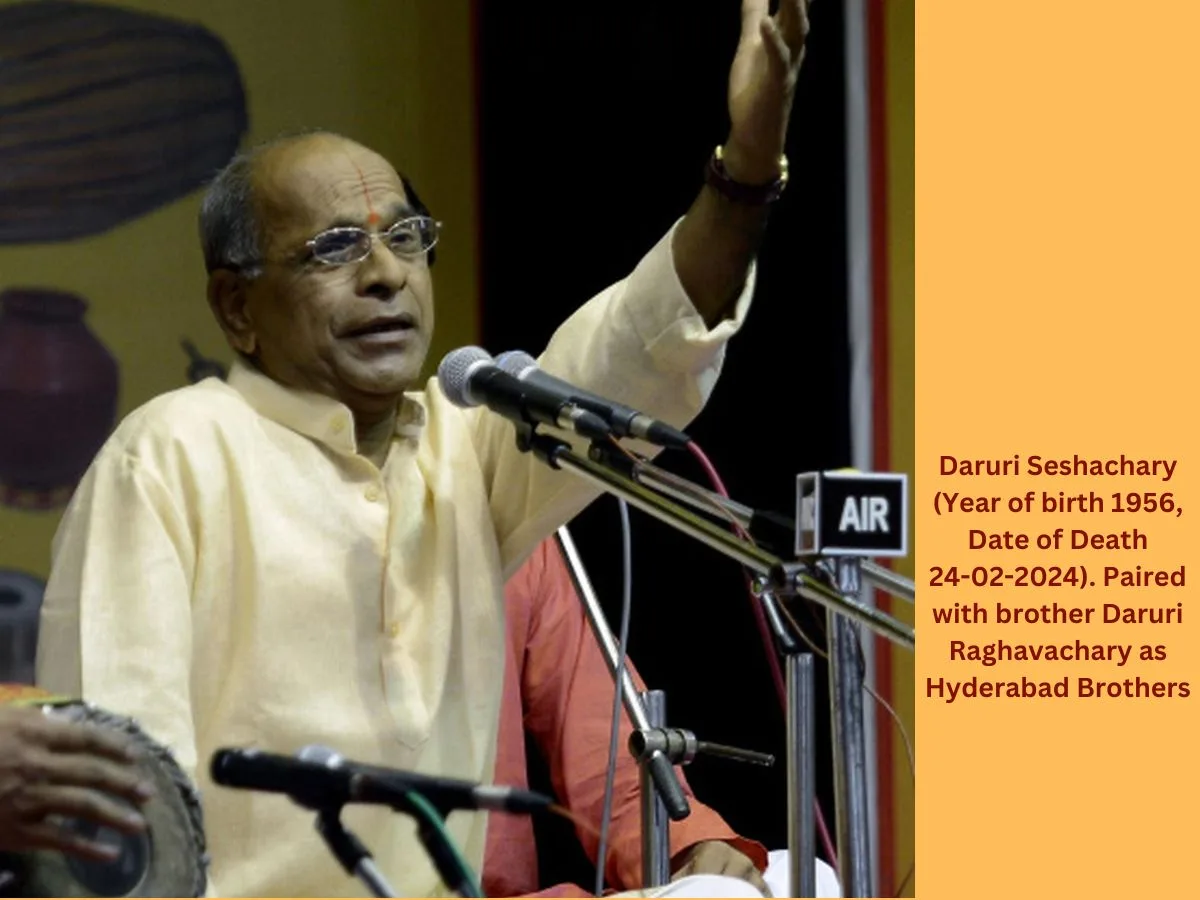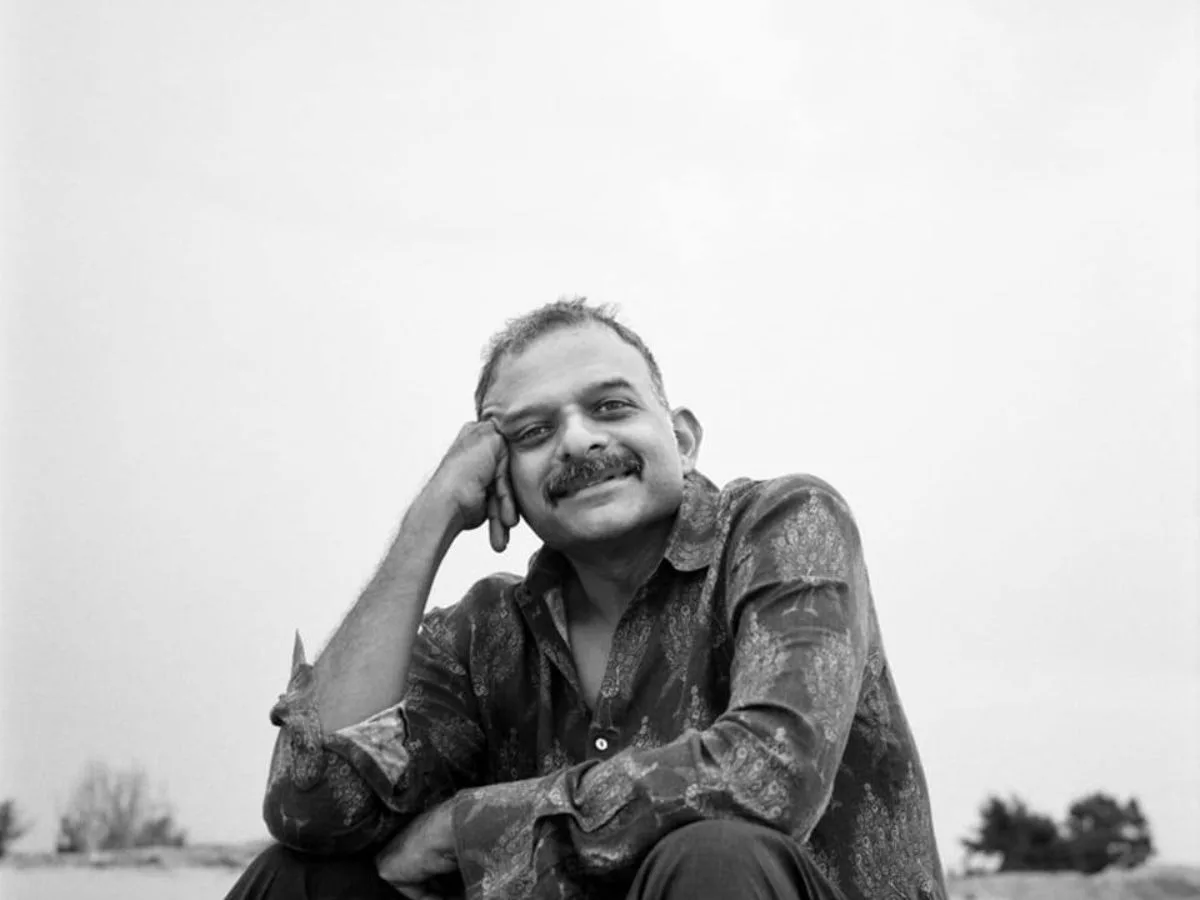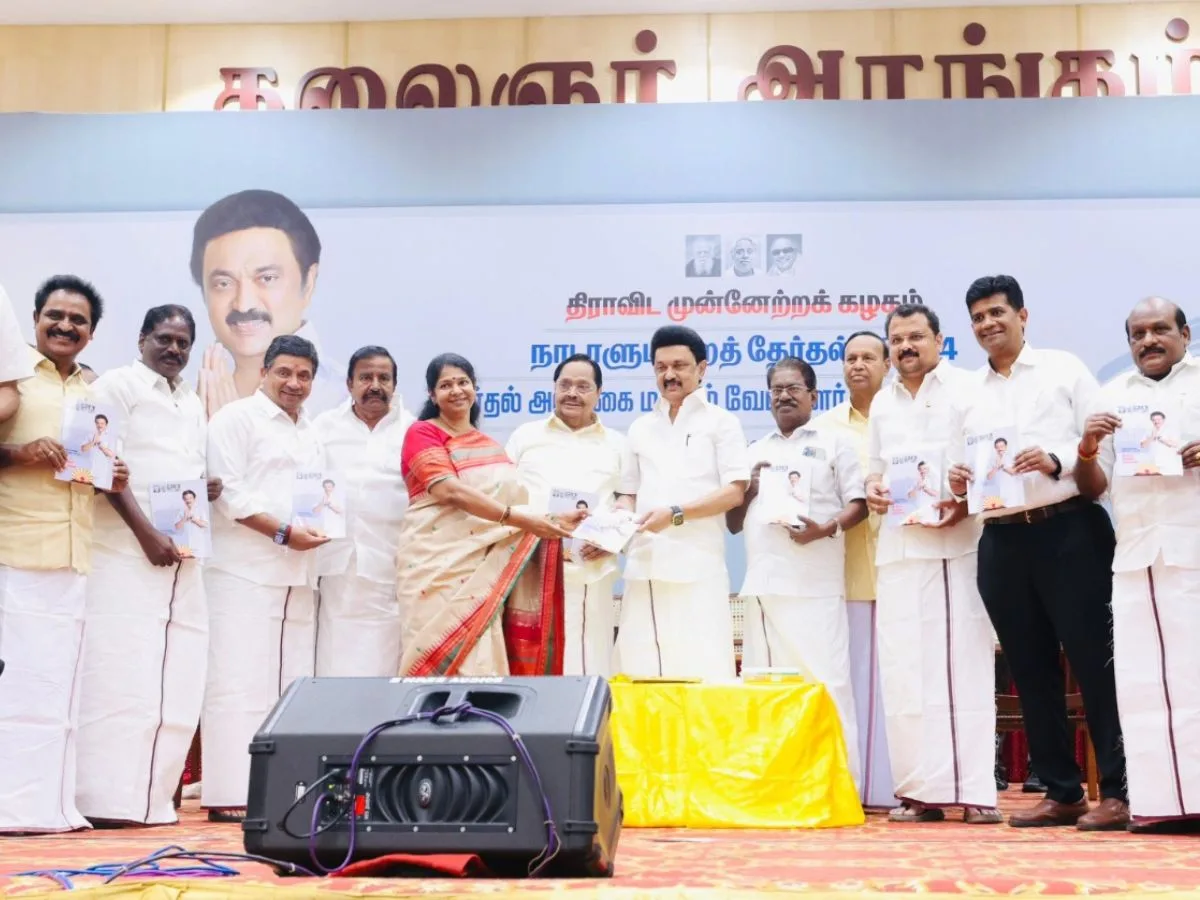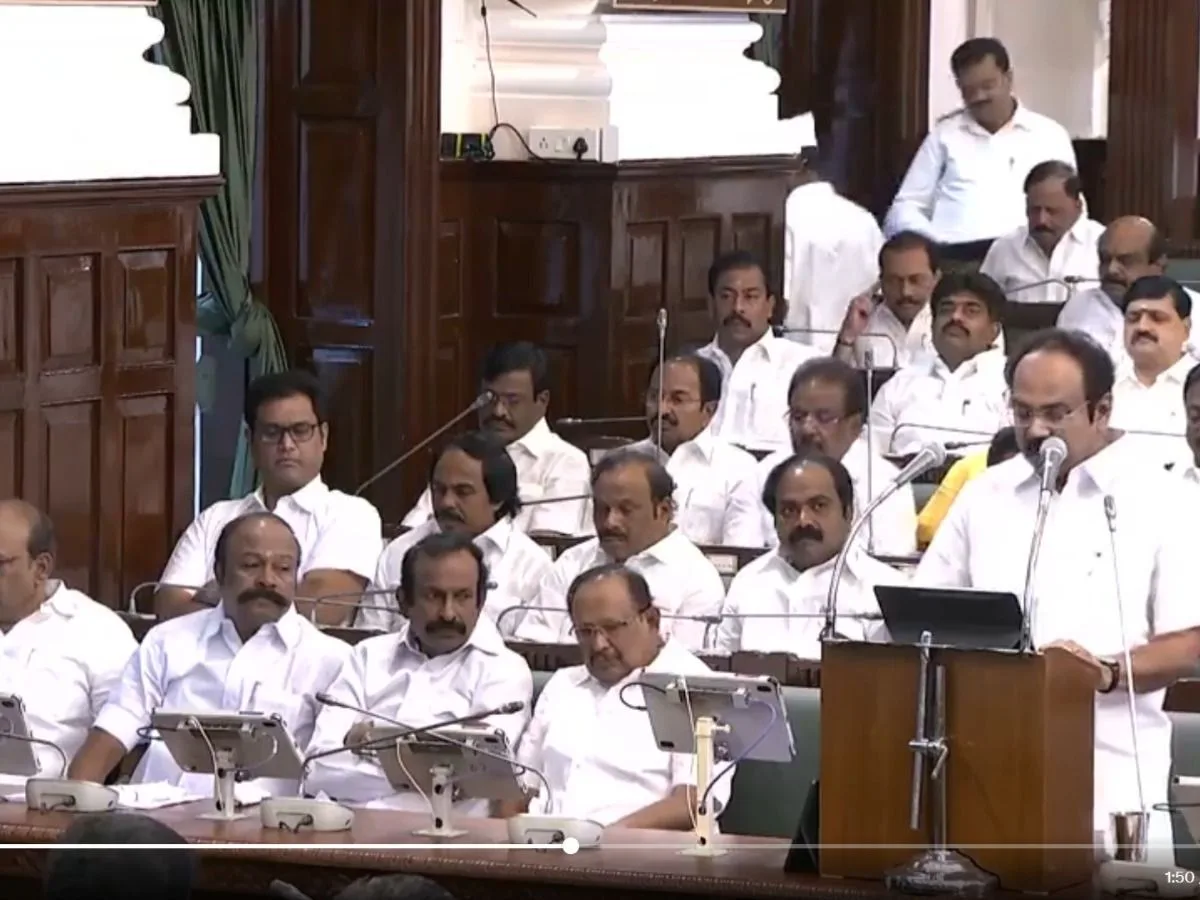Read in : தமிழ்
While drumming up support for his move to take over temples in toto, Madras Presidency Premier Omandur Ramasami Reddiar (March 23, 1947 to April 6, 1949) would often refer to the charge of interference in religious affairs. Novelist KS Venkataramani, of ‘Kandan the Patriot’ and ‘Murugan the Tiller’ fame, hit out at the move on this score, saying that ‘‘culture and religion are in peril when made the handmaid of politics’’. He also had the dark foreboding that, ‘‘Of all our institutions, our temples will go the earliest to complete ruin under any form of centralized administration, under the pickaxe of politics, especially, party politics’’ (Swatantra magazine, Jan.13, 1951).
With a hoary lineage of Sivacharyas being in imminent danger of being phased out, this fear of political control impairing temple worship seems to have substance. In fact, the framers and movers of the Justice Party government’s Hindu Religious Endowments Bill, the forerunner of Omandur’s move for taking over temple administration under a separate department, were conscious of the fears and reservations that the Bill could evoke.
Takeover of temples: Religious Omandur’s misplaced faith in government – I
Today, when India is approaching the 75th year of its Independence, clear, categorical and influential voices are heard in the public sphere demanding freedom for Hindu temples from the clutches of the government. But if we hark back to the time when the British...
The first part of this article discussed Omandur Ramaswami Reddiar’s conviction that government should administer temples. This is the concluding part
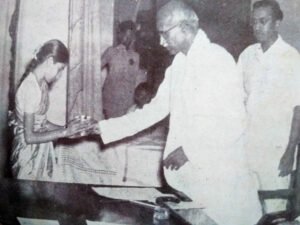
Omandur Ramaswamy Reddiar at a prize distribution ceremony.
PT Rajan, leading light of the Justice Party, has noted that after the Bill was finally passed and became an Act in 1926, Sir T. Sadasiva Iyer, a retired justice of the Madras High Court, was appointed the first President of the Hindu Religious and Endowment Board to assure the orthodox sections of the Hindu public that no radical changes would take place in the mode of worship (Article in the Golden Jubilee Souvenir of the Justice Party, 1968). PTR does not fail to mention that the Raja of Panagal, who introduced the Bill, had the ‘loyal support of an able civilian official in the person of N Gopalaswami Iyengar’.
When Omandur championed the administrative takeover bill in the incipient, climacteric years of free India, he would reel out statistics about the sorry state of the finances of the temples because of rampant corruption. In his own village of Omandur, the Bhimeshwara temple and Vaikunda Perumal temple had 56 acres but all of it had been taken over by a variety of persons and the temples got no income. The famous Vedaranyam temple had 16,000 acres but got a mere Rs 75,000/- a year. The malfeasance and sleaze of the traditional custodians of temples and mutts raised Omandur’s hackles no end, and he castigated them severely. In 1948, when the Pontiff administering the Vedaranyam temple came to honour him, Omandur refused to accept the pontiff’s garland and severely reprimanded him saying, ‘‘I don’t find a divine atmosphere in your temple. Through maladministration of temples, mutt heads like you are functioning like henchmen of EVR and are doing everything to strengthen his atheistic propaganda’’. It took a good half an hour for ‘Sardar’ Vedaratnam, who was with Omandur, to make him accept the garland offered by the pontiff (Somalay’s biography of Omandur, ‘Vivasaaya Mudhal Amaichar’).
Though Omandur was not so abrasive and prickly with all pontiffs and worked constructively with some, the feeling that he was against mutt heads stuck.
Though Omandur was not so abrasive and prickly with all pontiffs and worked constructively with some, the feeling that he was against mutt heads stuck. Even after he quit his post, the governmental antipathy vis-à-vis mutt heads continued. No wonder then, that when the bill was passed and awaited Presidential assent, a delegation met President Rajendra Prasad and objected to the black brushing of all the pontiffs and to the Bill, which they felt would ‘‘impair the autonomy and integrity of the Mutts’’. Dr. Rajendra Prasad noted that he had been told that, ‘‘If the head of any Mutt goes wrong or mismanages its affairs, there is power already for taking action against him. If the power is considered inadequate, it can be extended. But the Bill treats all Mutts, good or bad, and their heads, in the same way, and gives the Commissioner power to regulate even their daily worship by interfering with their budget’’.
But the juggernaut of state control rolled on relentlessly, with the corruptions of the past continuing, now under the mandarins of government. Yes, Omandur sang jeremiads about the lack of income to temples owning huge swathes of land. Today, the same problem is festering, but with greater poignancy as the rationale behind government takeover of temple administration was that it would change things for the better.
TR Ramesh, President, Temple Worshippers Society, has put across the data that the famous Sri Rajagopalaswamy Temple of Mannargudi which owns 36 lakh sq feet of land gets a monthly income of Rs 1,04,166/- which amounts to 2.8 paise per sq.ft! The Aushadheeshwarar temple of Thiruthuraipoondi (14,19,235 acres) does better with one tenth of a paisa for square foot per month! ‘‘Why should a temple be denied its rightful share of the rent with which it can do so many dharmic activities’’ is his question.
Another worry of Omandur was about temple jewels and other precious artifacts. But under the department he created to administer temples, there has been the scandalous theft of 1,200 ancient idols from temples in Tamil Nadu in a 25-year period between 1992 and 2017
Another worry of Omandur was about temple jewels and other precious artifacts. But under the department he created to administer temples, there has been the scandalous theft of 1,200 ancient idols from temples in Tamil Nadu in a 25-year period between 1992 and 2017.A matter that would surely have made him turn in his grave. Omandur’s brave posturings about government administration being a heaven-send for temples lie in tatters in the face of such enormities. In the early 1980s, during MGR’s reign, there was the mysterious death of an assistant commissioner of HR and CE department and jewel verification officer of the Tiruchendur temple, Thiru Subramania Pillai. Kalaignar Karunanidhi, who was the opposition leader then, made a huge issue of the matter, and MGR appointed the Paul Commission to go into it. But the public is none the wiser about the strange circumstances of the death of a temple officer who is said to have had a record of integrity.
While arguing for government control, a scrupulously honest Omandur had set the bar very high. He had been anguished after learning that temple land had been leased for tapping toddy. What would he have to say about contemporary governments marketing liquor and running huge welfare schemes on such profits?
Times have changed; those who rode the high horse for government administering temples may perhaps have to get off some time. But for now, Hindu temples are in a dharma sankat; some mutts had failed in the past, the government has done no better with the added disadvantage of political meddling in religious affairs. One is reminded of the refrain of a song, ‘Thandhai Thaai Irundhaal’ which says that if God had parents he would not have had to face such travails. Till such foster parents arrive, the deities have to pull on with those who make them slog for personal or political profit.
(The writer is a senior journalist and author)
Read in : தமிழ்
